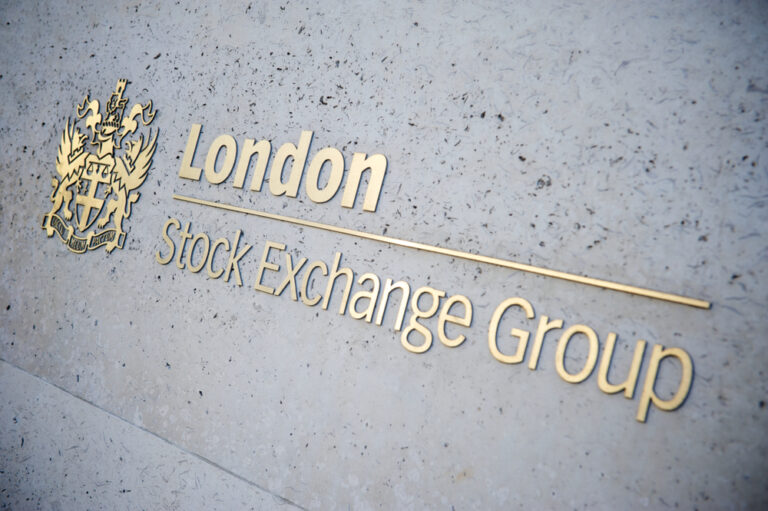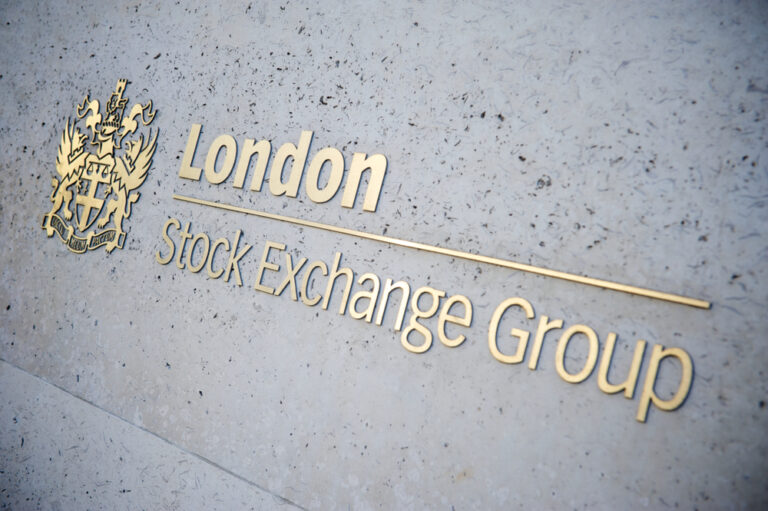After nearly closing at an all-time record high last night, the FTSE 100 extended gains on Tuesday, powered by a recovery in AI-ravaged shares and hopes of an interest rate cut in March.
In a clear demonstration of how the FTSE 100 is not a reflection of the UK economy, London’s leading index rose as traders reacted to news that the UK unemployment rate hit 5.2%.
The Bank of England now looks set to cut interest rates in March as traders priced in two interest rate cuts in 2026 in response to a deterioration in the UK jobs market.
The pound fell against the dollar in response to the UK jobs numbers, which provided support for some of the FTSE 100’s overseas earnings-heavyweights. AstraZeneca, Shell, and GSK were all higher, helping lift the index.
Housebuilders were also in vogue, with Barratt Redrow topping the leaderboard at the time of writing. Housebuilders are in desperate need of a boost, and lower interest rates would be more than welcome by a sector struggling with falling sales.
Gains associated with interest rate hopes were enhanced by a rally in AI-hit stocks such as Experian, RELX, and Pearson that have found their feet after a painful sell-off since the start of the year.
Russ Mould, investment director at AJ Bell, explained: “Driving the UK market higher on Tuesday was a rebound in the plethora of stocks that sold off in recent weeks on fears of AI disruption.
“It was almost as if investors had scouted for the most affected names and bought everything on the list. Relx, Experian, Sage and Autotrader were all in the club and featured in the FTSE 100’s top risers’ list.
“Millions of pounds have been wiped off these names this year thanks to the launch of rival AI services. Investors initially panicked but might now be taking the view that too much bad news is now in the price and these names could have what it takes to fight off AI disruption.”
RELX directors are certainly taking this view, and the CEO and CFO have made encouraging share purchases in recent days.
Elsewhere, Antofagasta kicked off a busy week of FTSE 100 mining updates with blowout 2025 results that revealed the extent of the benefit of higher copper prices.
The group increased revenue by 30% and EBITDA by 52%, rewarding investors with a 106% increase in the full-year dividend.
“It’s a great time to be a mining stock, or indeed an investor in mining stocks,” said Chris Beauchamp, Chief Market Analyst at IG.
“The huge gains in commodity prices are translating into a revenue and profits bonanza for these companies, making them the new must-have for investors in a what is a tremendous resurgence for physical economy stocks after years of tech-driven buying. Much of it is in the price for now, as seen by the muted reaction to Anto’s numbers, but the direction of travel is clear.”
Glencore, Rio Tinto and Anglo American will also report 2025 results later this week.











